A routine evening flight from Geneva to Edinburgh turned chaotic just minutes after takeoff. The easyJet aircraft hit a bird during its initial climb, triggering an urgent return to the departure airport. This incident highlights the unpredictable nature of air travel and adds to a recent wave of similar disruptions for the airline.
The pilots, noticing immediate technical trouble, decided to act fast. They turned the aircraft back to Geneva without delay and landed it safely within 40 minutes. The crew kept all passengers calm and informed. easyJet provided support on the ground, offering rebooking options and accommodation where needed.
This event is not an isolated one. Recently, other easyJet flights also experienced in-flight emergencies. A flight from Paphos to Bristol was diverted due to an unusual smell in the cabin. Another from Manchester to Enfidha was rerouted to Paris after technical issues emerged. In each case, the flight crew followed standard emergency steps and ensured passenger safety.
The repeated incidents have come during Europe’s peak travel season. Aircraft are flying more, airports are crowded, and environmental threats such as bird activity have increased. Airlines like easyJet face tighter margins for error and must respond with precision.
Despite the disruptions, easyJet continues to prove its strong crisis management strategy. The airline responds fast, keeps communication open, and ensures passengers get help when things go wrong. It emphasizes safety over schedule, even during high-traffic months.
These events show how trained crews, solid systems, and prompt decisions prevent greater issues. The bird strike incident in Geneva reminds travelers that quick action can avoid disaster. easyJet may face rising challenges, but it continues to handle them with efficiency and professionalism.
Related stories:
Catch up on the top stories and travel deals by subscribing to our newsletter!

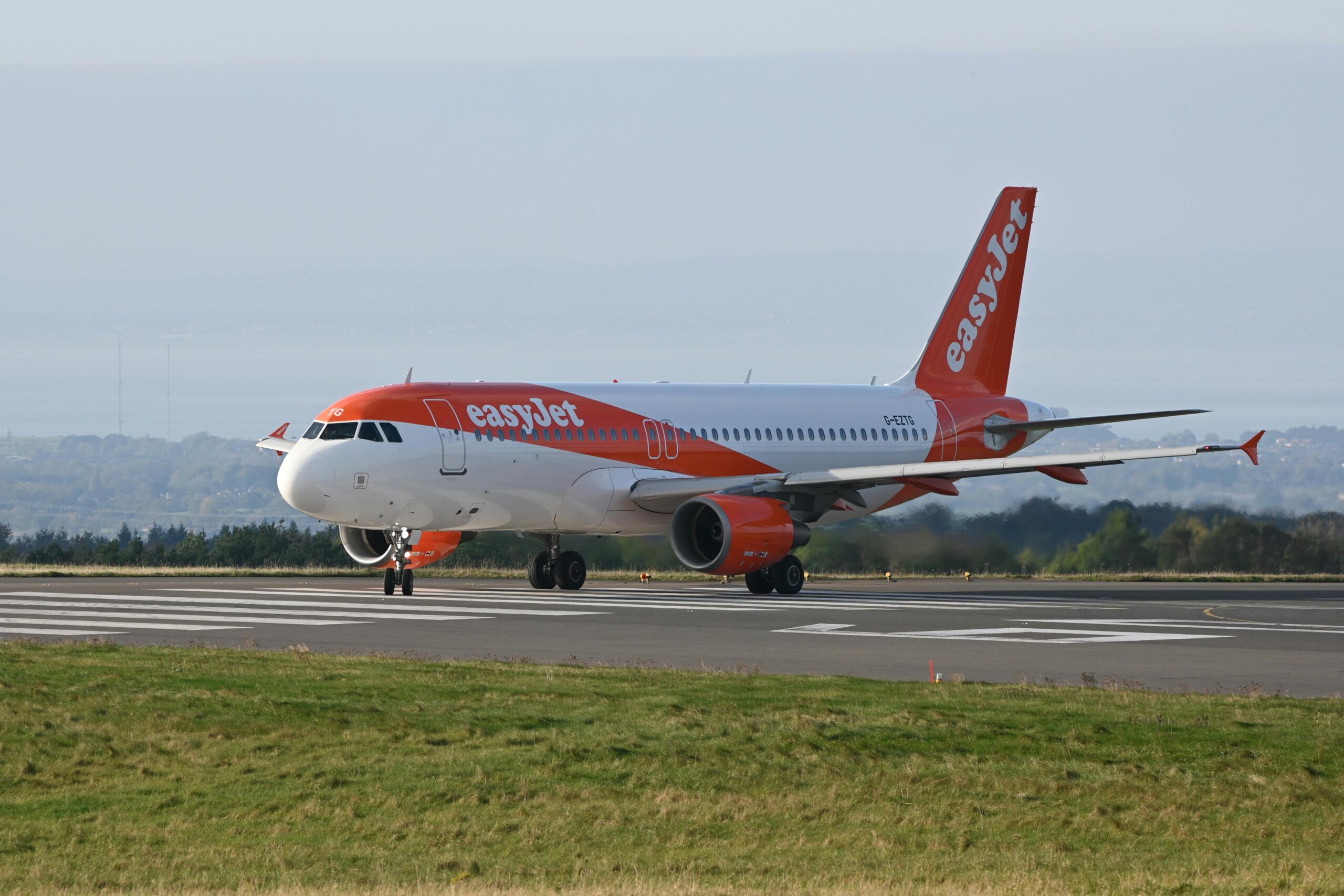

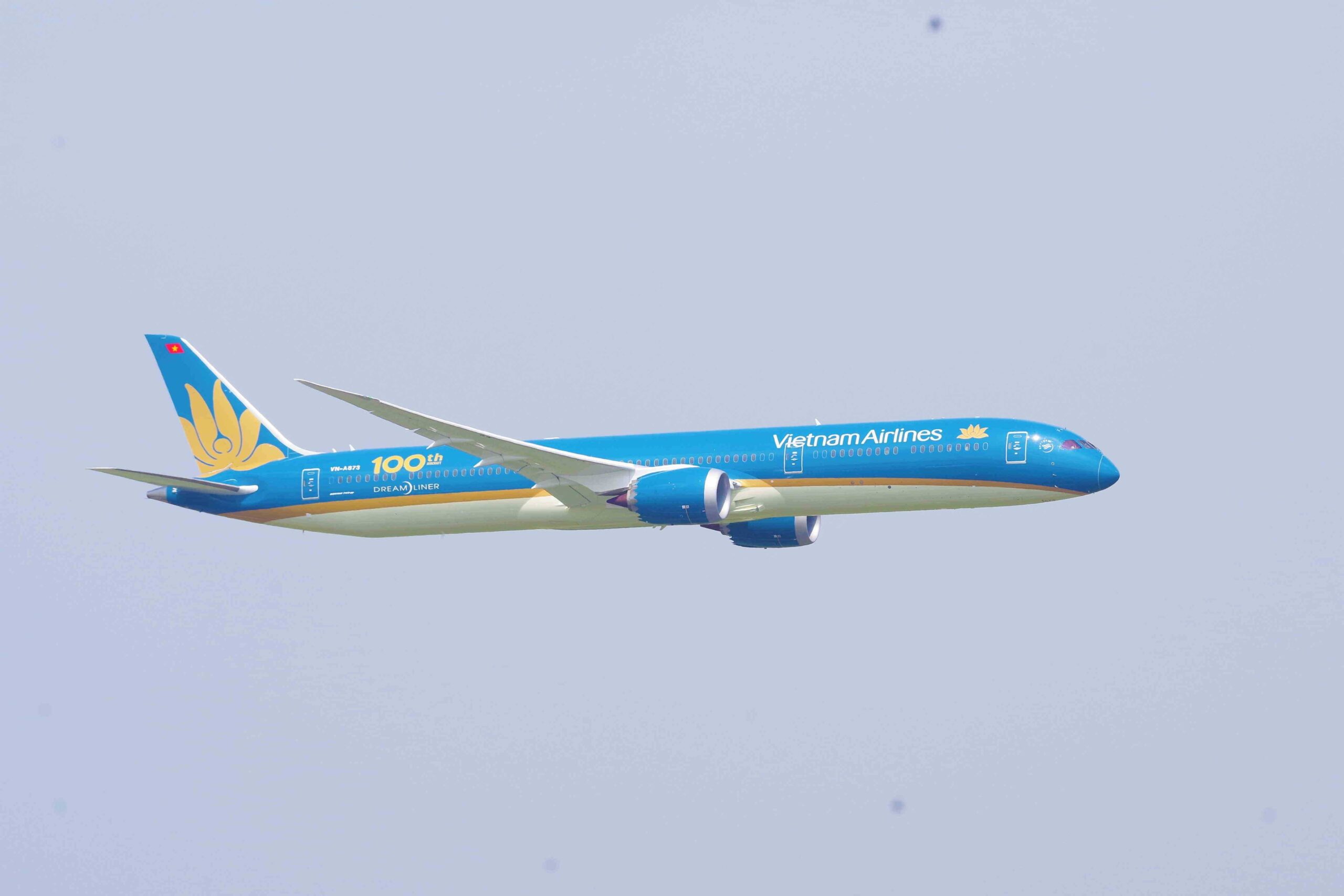
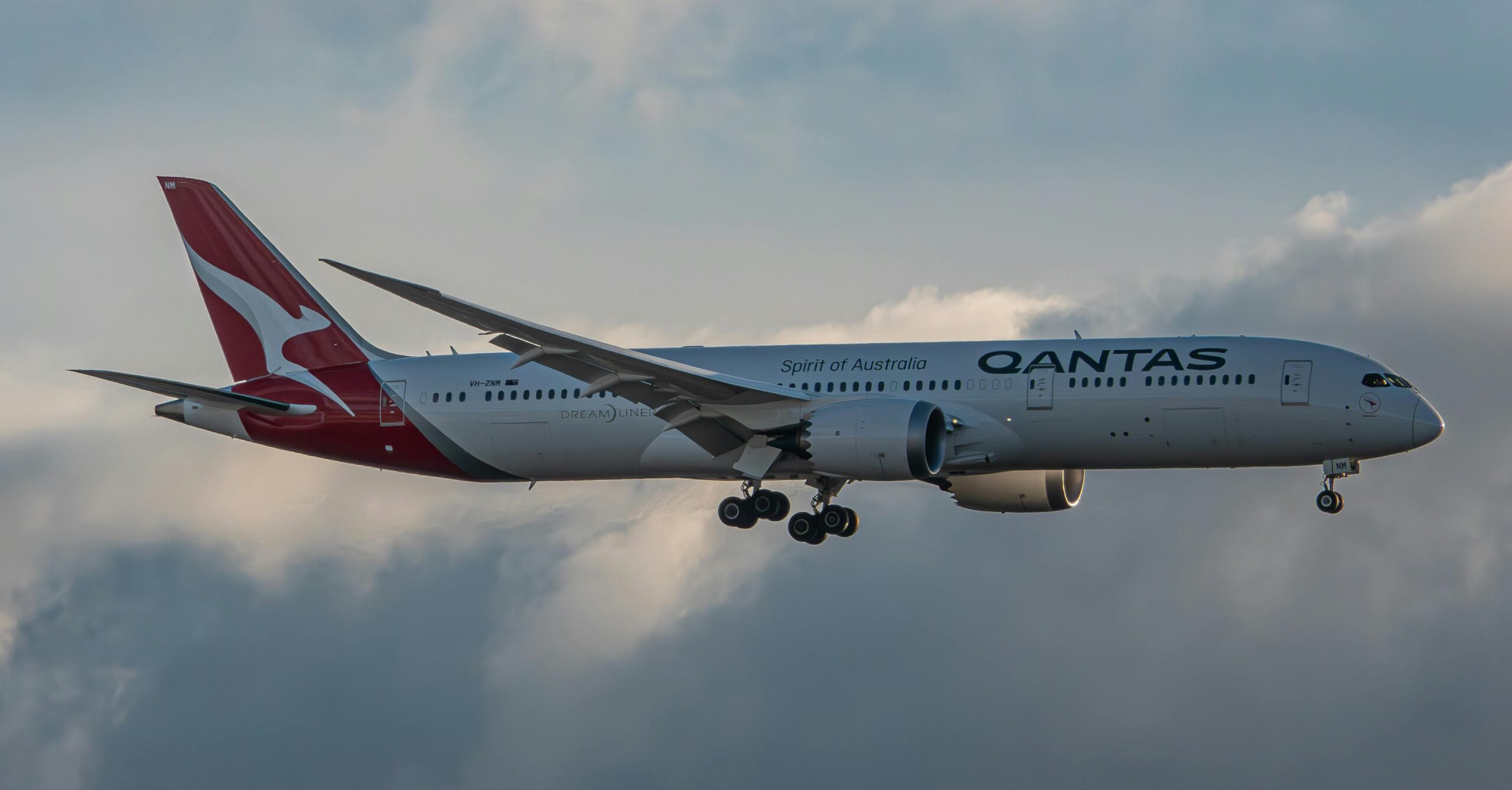
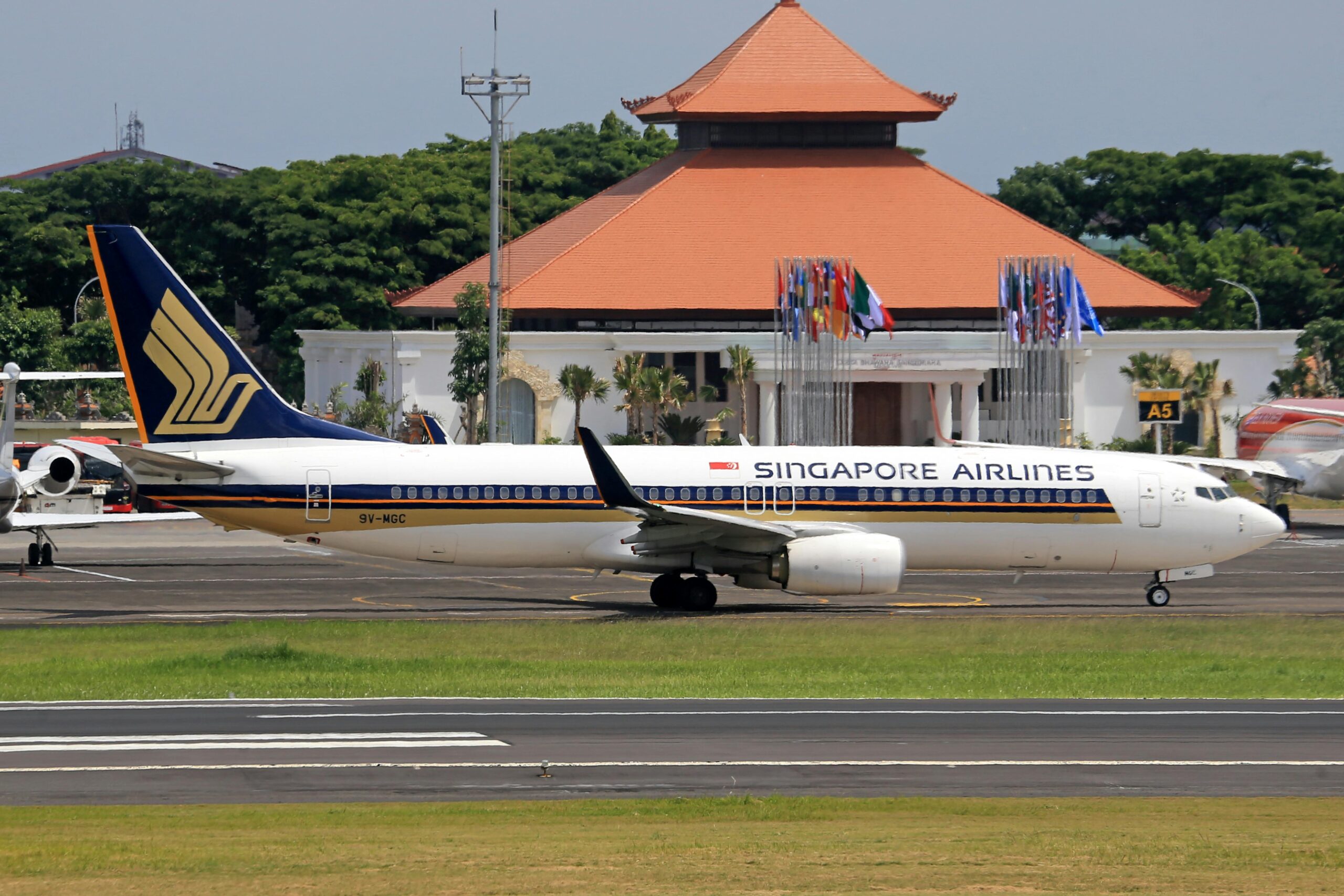
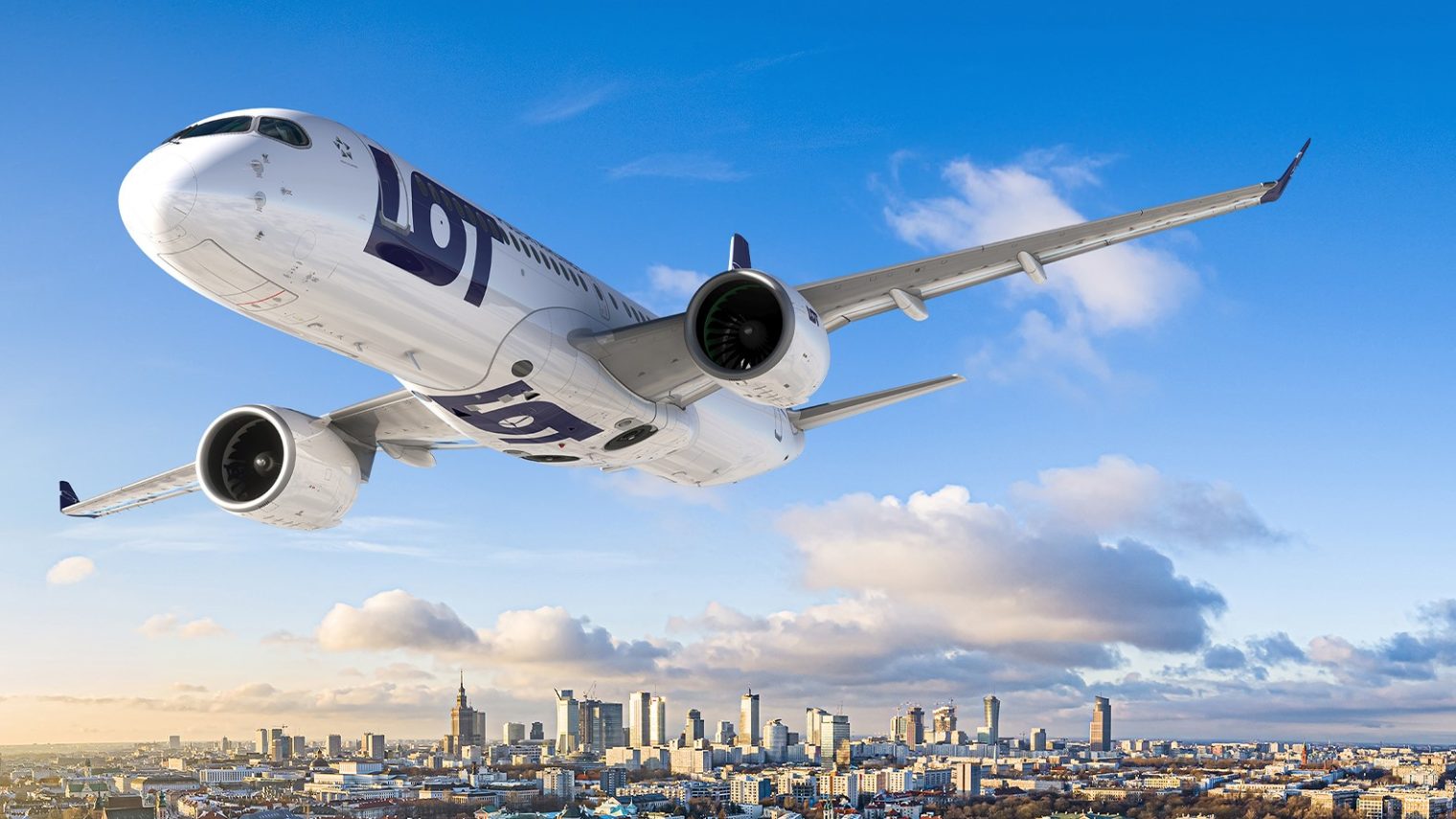
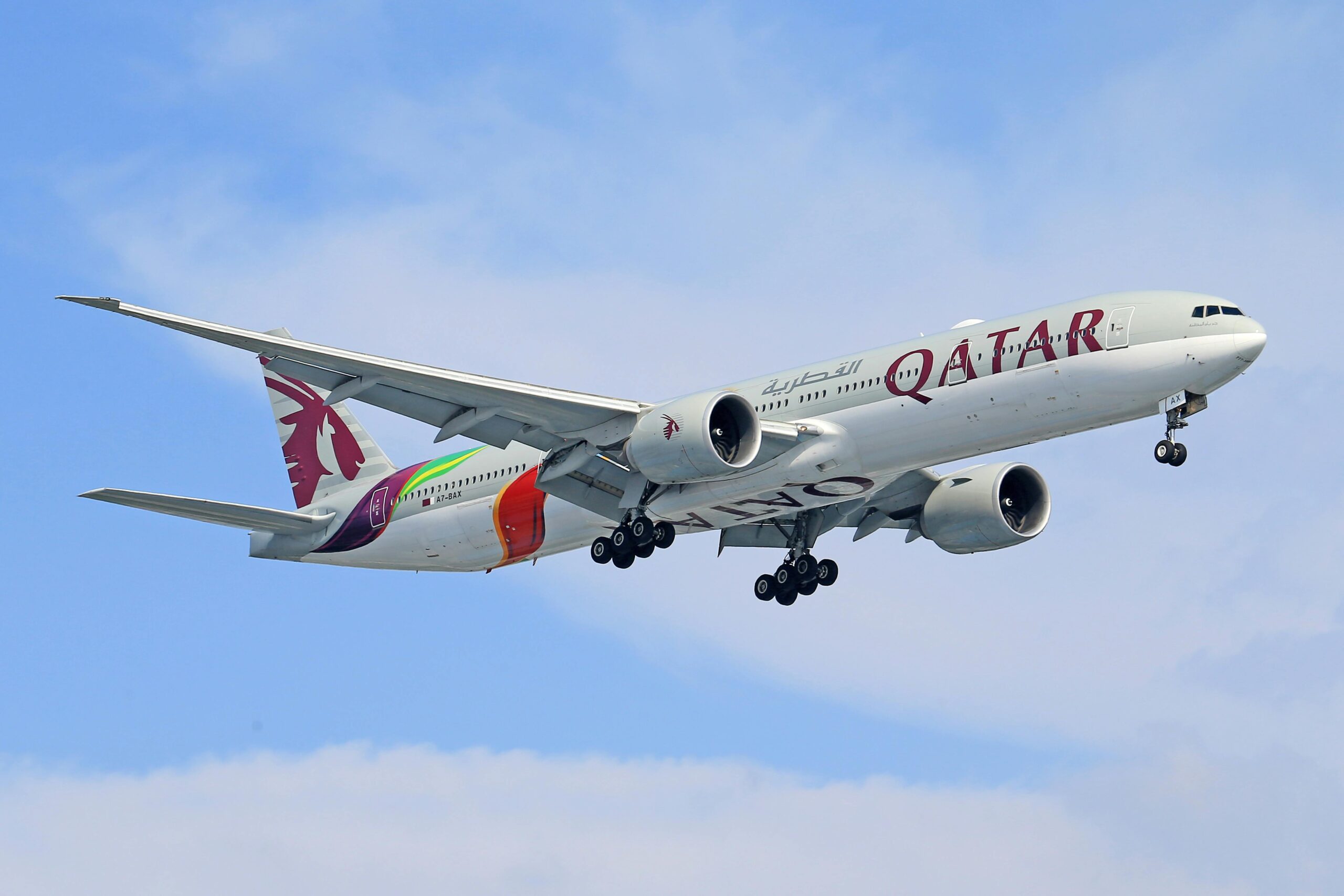




Leave a Reply